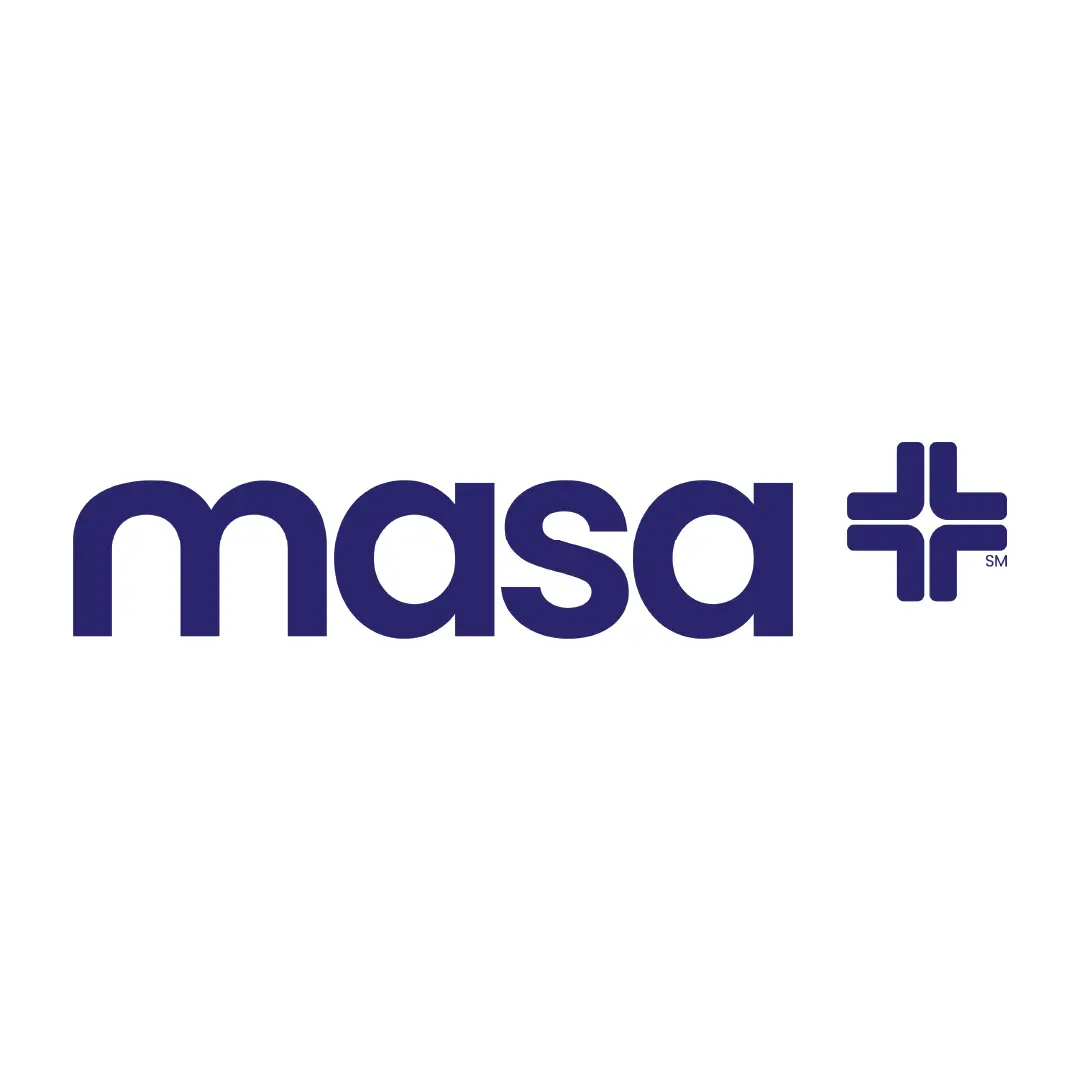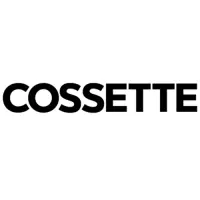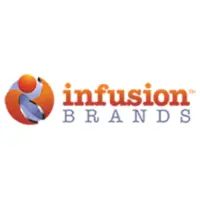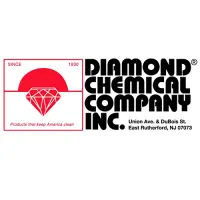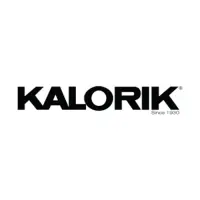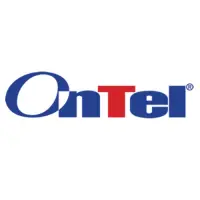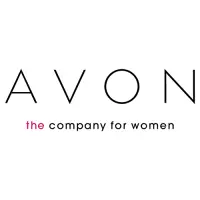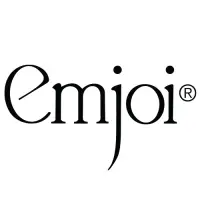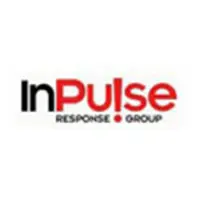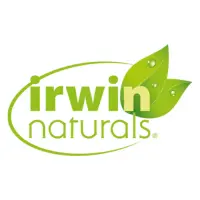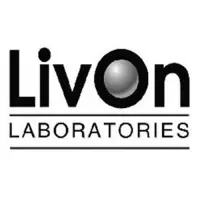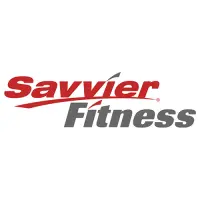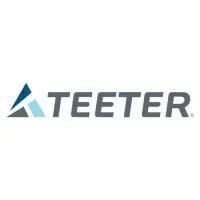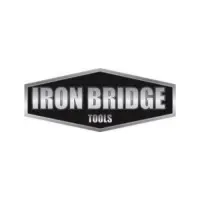I Want a Great Contact Center – Now How Do I Find One?
by Greg Sarnow | Jul 27, 2024 | Allegro Response

As a brand marketer or owner, does this sound like you? “I have a great product line, and my sales confirm that our customers want what we offer. But I want to sell more of my products to a broader demographic with the best possible profit.”

We have heard similar concerns from many marketers just like you. You have worked hard to develop an omnichannel marketing and sales strategy but find it challenging and time-consuming to master all the platforms and tasks across many channels. Moreover, determining which service providers to partner with in helping build your business and reduce the workload can be a full-time job. Doesn’t it seem like many service providers across all fields have a similar pitch that does not explain why they are better or different from their competition? How do you or any of us separate the wheat from the chaff to pick the best-in-class?
Asking the right questions can quickly help to identify which service providers excel in their expertise and which you may want to avoid.
To help you with at least one aspect of this challenge, we wanted to share what to look for when partnering with a Contact Center so that you can check that off your list and get back to what you do best.

Why I Need a Contact Center?
A good Contact Center is invaluable to a DRTV or Direct to Consumer Brand. Some of the tasks that a Contact Center can take off your plate are:
-
Provide a dedicated customer service team
-
Operate as a business call center
-
Offer omnichannel support to your consumers
-
Sales agents explicitly trained for your campaigns that can scale quickly
-
Convert sales
-
Save sales
-
Product tech support
-
Manage CRM
-
Be an always-on 24/7/365 resource to your customers
-
& More
What Do I Look for in a Contact Center? Certainly, you want a Contact Center team that can close the sale and address consumer concerns. Yet, there is much more to it—the search for the best Contact Center to partner with comes down to five significant issues: Performance, Reliability, Culture, Technology & People.
PERFORMANCE

If you have interviewed several Contact Centers, you may have heard many of the same promises. “We have great sales agents!” “Our agent pool has an average employment length of over 18 months.” “We have the best training.” “Our results are the best.” No doubt you have heard it all. And no doubt, the difference between success and failure can be an organization that performs as promised. Understanding the metrics behind the promises is the difference between words and actual performance. When vetting a Contact Center, break down performance with the following data points:
Conversion: One of the most misunderstood metrics is conversion. Not because it is difficult to understand, but because many organizations calculate conversions from different data. Ask your Contact Center which metrics they use:
- Gross Conversion – total calls received, total sales made – and the resulting %
- Answered Call Conversion – total calls answered, total sales made – and the resulting %
- Valid Call Conversion – total calls answered excluding invalid calls (no one on-line or customer service calls) and the resulting %
- Unique ANI Conversion – any of the above, but also removing any phone number that called back and the resulting %
- Net Conversion – Total sales opportunity calls (removing all non-sales opportunities) total sales made – and the resulting %
Abandon Rate has become more complex; ask about:
- Calls lasting more than 15 seconds that no agent answers
- Total calls unanswered
Average Revenue per Order
- Many campaigns have upsells, which demand a far better salesperson to close than the original offer.
TIP: Judging performance is easy as the metrics are self-evident. When comparing two Contact Centers against each other, the performance metrics must compare apples to apples. That is rarely the case, so take the time to define a conversion, junk calls, and abandoned calls to understand what they measure.
RELIABILITY

For a Contact Center, Reliability is the difference between spending time managing your center and having an organization running with you instead of 1 or 2 steps behind you. So ask about and make sure your Contact Center follows these metrics.
Setting up New Campaigns – a good Contact Center is FAST to make changes, so insight and optimization give a better ROI.
All your vendors should receive files promptly and with the utmost accuracy.
Your Contact Center communicates with you and your vendor partners clearly and efficiently, whether good or bad news.
TIP: Judging reliability is a little more complicated because “Soft Skills” play a significant role. Going beyond the Salesperson, the President, and the Account Executive gets you down to the company’s core, where polished communication ends and the real work happens. Get in there before hiring and see what the customer-facing team is like. Do they care as much as the leaders? Do they represent the leadership’s promises? Are the day-to-day processes in place and being followed?
CULTURE
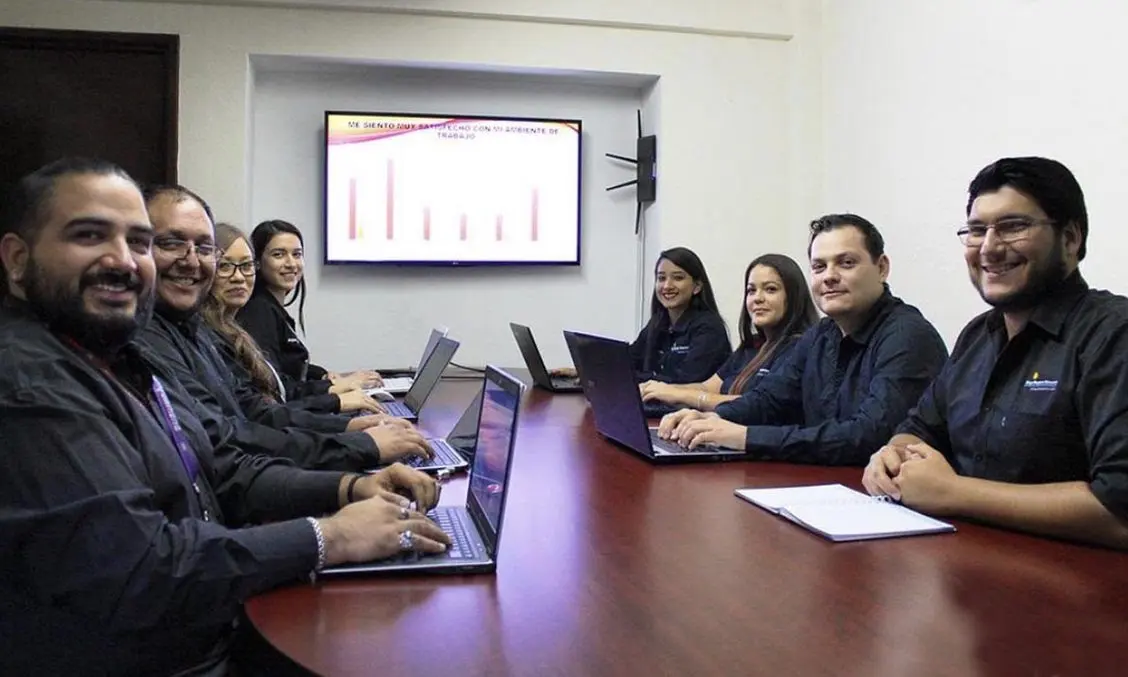
If the Contact Center you choose takes the time to gain insight into customer communication, the results will reflect this care. However, this does not happen by chance; this is part of a Contact Center’s culture. How a Contact Center meticulously approaches understanding the program, pitch, offer, customer, and what gets that customer to want your product so much that they pull out their wallet and buy.
A corporate culture that encourages training, curiosity, and an agent’s employment growth improves results, including:
-
Excellent Communication: Every client wants feedback from the agent – all the way up to the CEO. It is the job of every vendor to help its clients improve ROI.
-
Persistence: A “don’t leave any stone unturned” continuous exploration to help the client get better results and improve ROI.
-
A sense of urgency to improve results and crack the code for each product.
-
Ownership – Teams that treat your business as if it were their own.
TIP: Culture is often overlooked but is an invaluable piece to consider. A positive, growth-oriented company will produce better results! Some final questions to consider: What is the general company culture? How innovative are they? How do they translate their years of experience to improve your results? And how quickly can they scale up, down, or pivot?
TECHNOLOGY

Contact Centers have adopted current technologies and have created various platforms and services every brand wants and needs like many industries. However, enterprise organizations are not the only ones with access to very sophisticated technology; small to middle-sized organizations can work with Contact Centers that offer these services to their clients directly or integrate through APIs into various CRM’s.
Look for the following technological offerings from your Contact Center:
- CRM software and processes
- Speech Analytics
- Knowledge Base Platforms
- Learning Management Software (essential for work from home agents)
- Business Intelligence tools for advanced reporting
- Omni-Channel Unified Communications (so that when someone contacts the team more than once, they will not have to - start over with every agent they communicate with)
- Data Dips
- RPA (Robotic Process Automation)
- And the list goes on as every day new tools are being developed daily
TIP: In your Contact Center decision process, be certain your team will have access to these technologies for the advantage of your business. It is also essential to make sure that an administrative team handles the set-up and management of these tools. When considering a Contact Center’s hiring process, hiring agents in this new technological frontier requires agents who can move comfortably between the technology. A synergy between Contact Center agents and technology makes customer service more accountable, creating greater customer satisfaction and more profitable outcomes. Finally, make sure your Contact Center utilizes the latest technology and is not simply good at handling calls.
PEOPLE

The more digital the sales process is, the greater the necessity to have outstanding customer service agents handling purchasers’ problems. Customer Service is unique because every one of us (as a consumer) has faced both exceptional and terrible customer service experiences. We know firsthand what annoys us and what makes us feel well taken care of. A consumer knows seconds into a communication if it will be a painful experience or a productive one. Most importantly, we understand this communication represents a company we can trust or want to work with in the future.
When choosing a Customer Service Team, it is essential to learn about the metrics they use, but more importantly, it is imperative to get to know a team’s soft skills. Here are some considerations:
Agent Call Handling
- Average Handle Time
- Quality Score Card Results
- First Call Resolution
- Customer Satisfaction is the difference between customers that ended the call frustrated or satisfied
- Saving Sales
- Selling more products or upselling
- Customers feeling like your organization is one they tell friends about
Recruitment and Hiring
The metrics tell half the story and the soft skills of helping and serving people tell the rest once you gather the data. This process begins with the recruiting process of a Contact Center. Hiring dedicated agents for a campaign allows every client to build the agent profile ideal for the position. Some points to consider:
- Will the agents only communicate on the phone
- Will they write emails
- Chat and SMS
- When hiring off-shore or near-shore, consider what percentage of agents speak English
- Ask what the tenure of a general agent is
- Find out what training programs the organization has
TIP: Look for a Contact Center with clear hiring objectives, training programs, a high percentage of bilingual agents, longer tenure, and the ability to scale up or down for your campaigns quickly. We have all heard the saying, “Trust the Process.” In our Direct-to-Consumer space, the people and the understanding of Direct Response are critical to the success of every campaign. Call it Kaizen, or continuous improvement. If you live in a world of Direct Response, you must be flexible and have the curiosity to find a better way and a sense of urgency to test and improve.
Yes, all the technology is moving to the forefront of accountability. But the Contact Center’s people that work on your project every day are the key to success and the key to building your brand.
Trust is gained when you see that decisions are made to improve your results, not just the Contact Center results.
When hiring a Contact Center, the process can be daunting. Questions like the following may come up; “Why do I need to hire one group instead of another?” “Will the results be any different?” “Are they focused on my campaign?” “Do I trust them?” If a Contact Center can prove that they have all the required pieces in place around Performance, Reliability, Culture, Technology & People, and they have the Expertise, Intensity, and Excitement necessary to make a difference, you will have the winning formula.
We hope these points help you narrow down what you are looking for in a Contact Center. If you want to learn more, feel free to reach out or visit AllegroResponse.com
